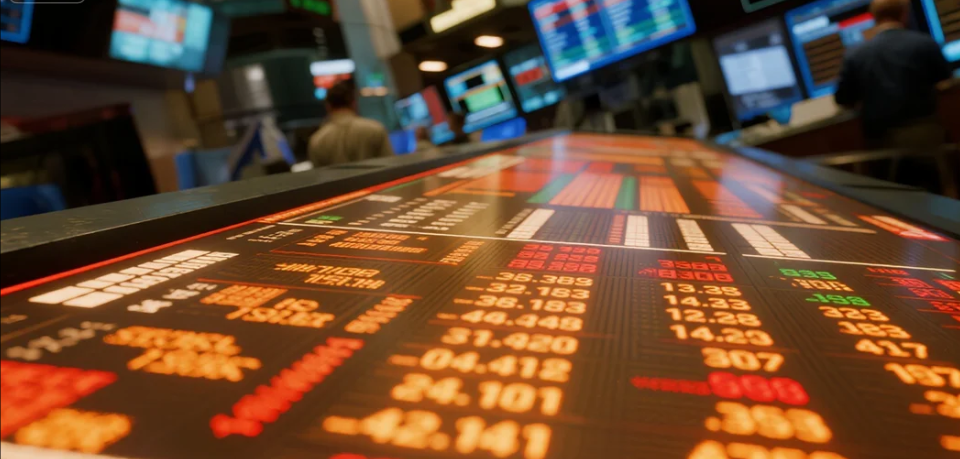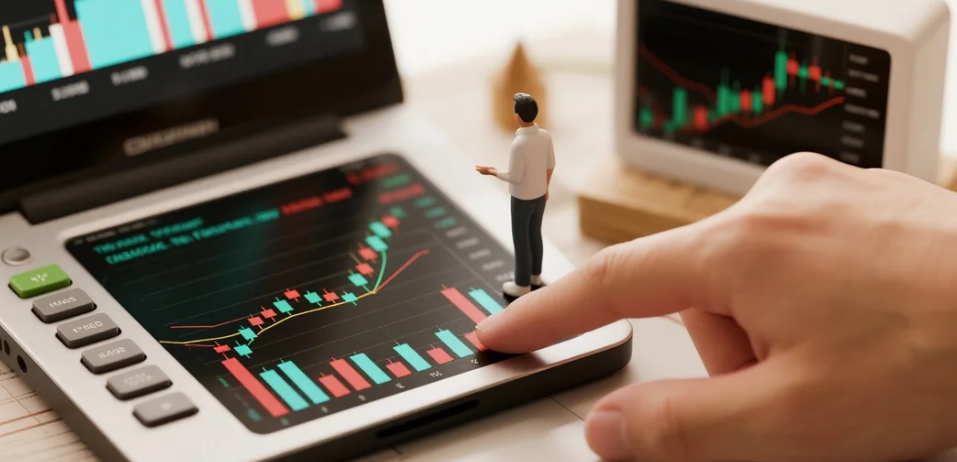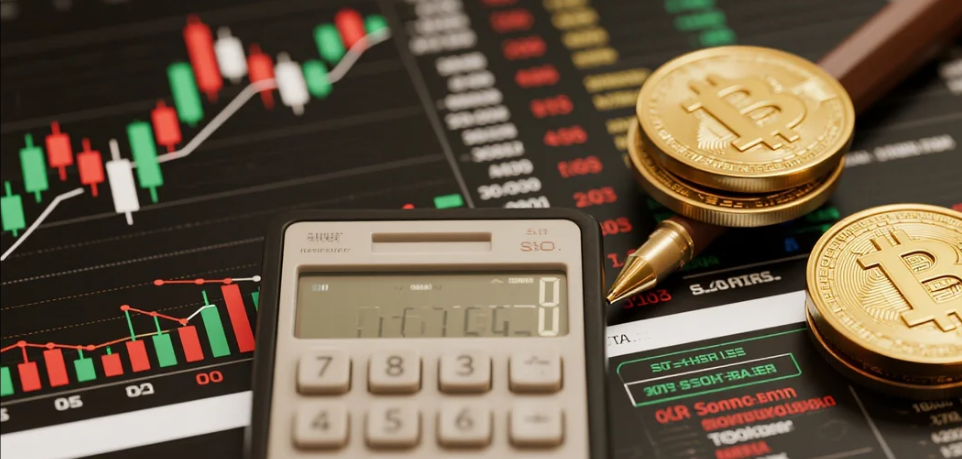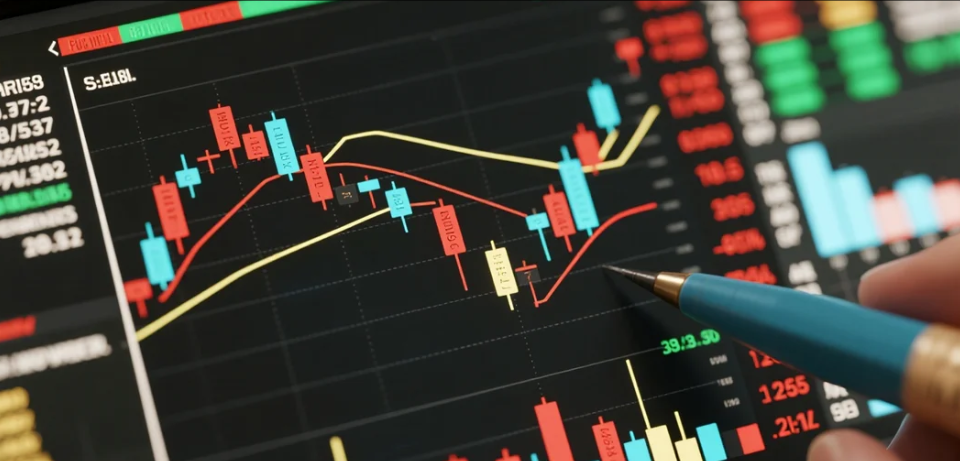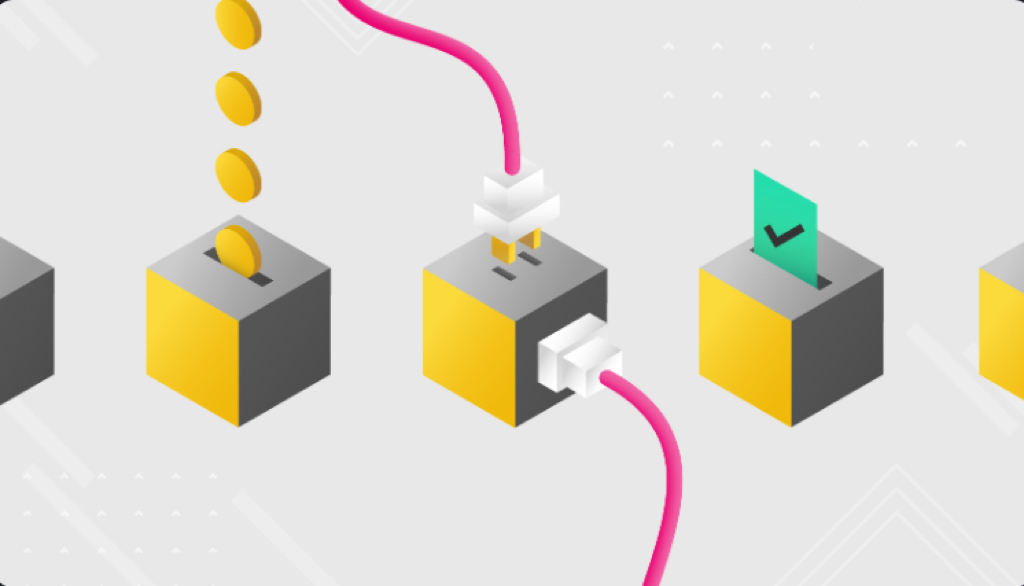
Charities
Many charitable organizations around the world struggle with challenges in resource management, operational transparency, and effective governance. Blockchain technology can undoubtedly help these charitable foundations optimize fund allocation and management processes.
We have observed numerous cases in the industry where blockchain technology has been integrated into philanthropy. For example, the Blockchain Charity Foundation (BCF) is a nonprofit organization dedicated to sustainable development goals, aiming to eliminate poverty and inequality and promote blockchain-based philanthropy globally.
Supply Chain
Most supply chain networks face significant difficulties in transparency and efficiency. Current management systems still rely on centralized trust, falling far short of providing proper integration between companies and relevant parties. Blockchain technology can be used to track the entire process of creation and transportation in supply chain networks. Distributed databases can securely record all relevant data, ensuring product authenticity and transparency in payments and shipments.
Healthcare
The healthcare industry currently faces critical issues such as high operational costs, inaccurate data, and bureaucracy. Blockchain has several successful use cases in healthcare, including tracking pharmaceuticals through supply chains and managing patient data.
Additionally, blockchain can provide significant security benefits for hospitals. Since medical institutions possess highly valuable data and heavily rely on it, they are frequent targets of cyberattacks.
Companies are exploring blockchain as a method for storing digital health information. Such solutions can reduce overall costs while improving data privacy and accuracy.
Royalty Payments
Musicians, video game creators, and artists often struggle to receive fair compensation due to digital piracy, improper relationships with third-party agents, or unpaid royalties.
Blockchain technology can be used to create platforms where it is accurately recorded who rents, purchases, or uses an author's creative work—with immutable and transparent records. These platforms can also use smart contracts for payments, essentially self-executing digital agreements.
Governance
Blockchain technology can also significantly improve governance across various sectors. By managing networks and operations in a more democratic, fair, and secure manner, blockchain-based systems can eliminate voting fraud in elections and serve as a tool to enhance participant trust in electoral or judicial processes. They can also be powerful weapons against corruption, improving data integrity and traceability in activities ranging from taxation to resource allocation.
Payment Solutions and dApps
In the realm of global remittances, blockchain technology has proven highly effective. Compared to services offered by centralized banks and other payment solutions, using cryptocurrencies to send funds to friends, family, and others worldwide is cheaper and faster.
Moreover, centralized websites and applications do not give users control over their data and often fail to reward them for the real value they bring to the platform. Blockchain-based decentralized applications (dApps) eliminate intermediaries, allowing users to enjoy lower fees, better incentives, and higher transaction efficiency while sending and receiving digital currencies.
As Vitalik Buterin said, blockchain solutions enable people to collaborate directly without intermediaries or centralized systems.
"While most technologies tend to automate repetitive tasks, blockchain automates the center. Blockchain technology won’t put taxi drivers out of work—it will put Uber out of work by connecting taxi drivers directly with customers."
Internet of Things (IoT)
Blockchain and the Internet of Things (IoT) are a natural match. Blockchain is a decentralized technology, and IoT networks typically gather data from distributed sources.
Blockchain ensures that data collected by IoT devices is tamper-proof and transparent while enabling seamless data flow between devices. With its security features and cryptocurrency applications, blockchain provides an ideal platform for machine-to-machine (M2M) transactions.
Since blockchain is a technology that ensures accurate and secure transactions, integrating it with IoT is essential for guaranteeing data accuracy, security, and accountability. This is why many companies are investing heavily in IoT networks powered by blockchain technology.
Closing Thoughts
As a distributed ledger technology, blockchain offers networks and organizations greater security, transparency, accountability, and efficiency. The technology enhances privacy and eliminates the need for centralized trust. It also creates an internet of value where users can perform borderless peer-to-peer transactions.
This is why blockchain technology and cryptocurrencies not only exist but also have the power to transform industries and aspects of life—from finance to agriculture, big data to government operations, voting, and legal sectors.








